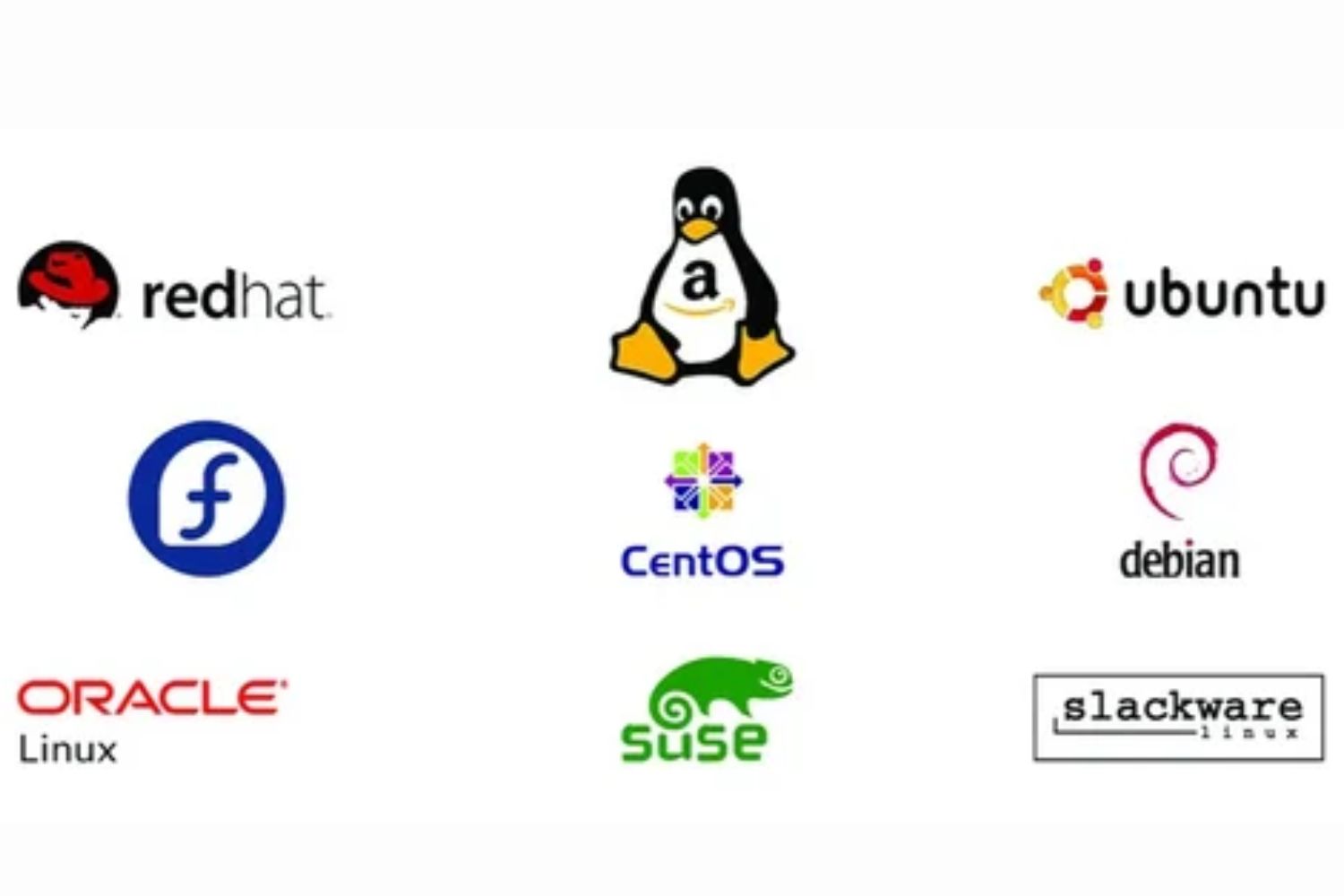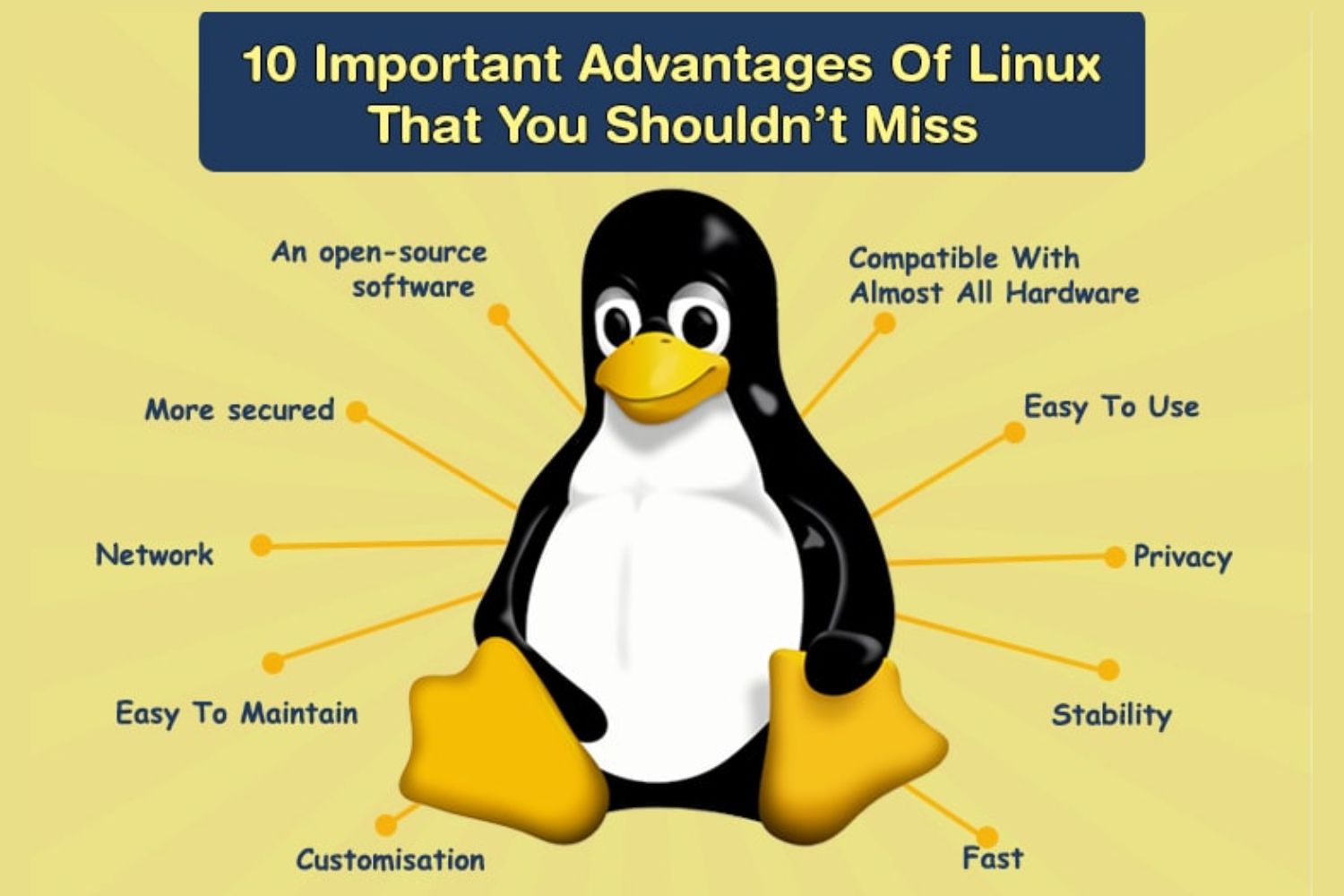
UNIX/LINUX
Unix and Linux are operating systems used to manage and control computer hardware and software. They provide a platform for running programs and managing files, and they are known for their stability, security, and flexibility. Unix is the older of the two, while Linux is a free and open-source variant inspired by Unix.
FUNDAMENTALS OF UNIX/LINUX

ROLE OF UNIX/LINUX
Unix and Linux play a critical role as operating systems that control computer hardware and software, providing a platform for running programs and managing files. They are known for their stability, security, and flexibility, making them ideal for servers, supercomputers, personal computers, and embedded systems. Unix and Linux empower users to control their systems through command-line interfaces, offering precise control and automation. They underpin the internet, server infrastructure, and much of modern technology, ensuring reliable and efficient operation for a wide range of applications, from web hosting to scientific research.
ADVANTAGES OF UNIX/LINUX
Unix and Linux offer several key benefits:
Stability: They are known for their robust and stable performance, making them reliable choices for critical systems.
Security: Strong user permissions and access controls enhance data protection.
Flexibility: Customization options and a vast software ecosystem cater to diverse needs.

Cost-effective: Linux, in particular, is open source, reducing licensing costs.
Efficiency: They handle multitasking and multi-user environments efficiently, optimizing resource use.
Scalability: Suitable for both small devices and large servers, adapting to changing requirements.
Community Support: Active user communities provide help and resources for troubleshooting and development.
These advantages make Unix and Linux popular choices for a wide range of applications, from personal computers to enterprise-level systems.
COURSE HIGHLIGHTS

CONCLUSION
In conclusion, Linux and Unix are powerful and versatile operating systems known for their stability, security, and open-source nature. They find extensive use in various industries, from web hosting to scientific research. These systems offer a robust command-line interface, a wide range of software tools, and support for both servers and desktop environments. Linux and Unix continue to be at the forefront of technological innovation, driving many aspects of the digital world.

